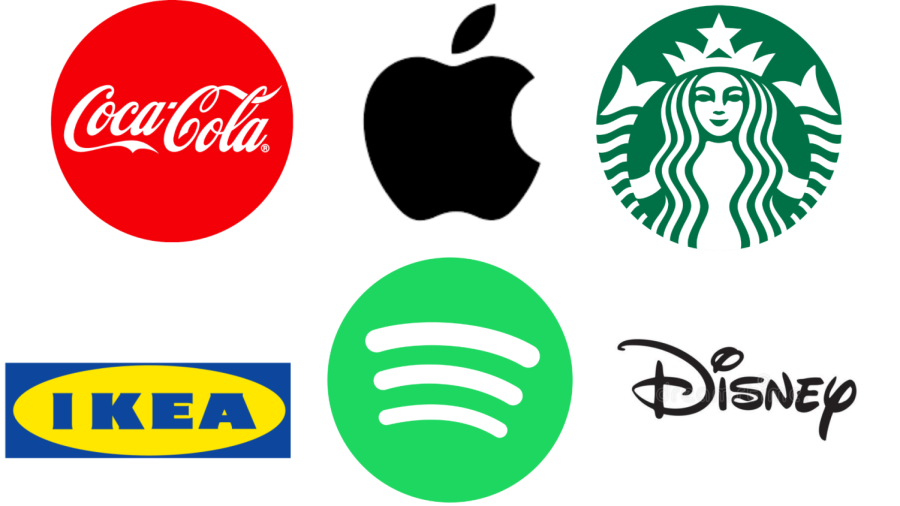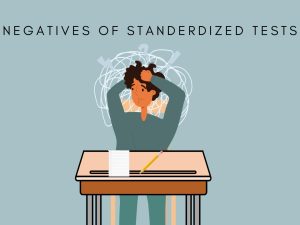Russian invasion, impacts and lessons
Coca-Cola, Apple, Starbucks, Ikea, Spotify, and Disney are just some of the hundreds of companies pulling out of Russia.
April 1, 2022
Following Russian President Vladimir Putin’s decision to invade Ukraine, over 400 major companies have begun to withdraw their businesses from Russia. Apple has stopped selling its products in Russia, Netflix canceled Russian streaming, and Ikea is temporarily closing all 17 of its stores in Russia. These are just a few examples of the billion-dollar corporations that have put their businesses on pause in order to make a statement against war. These boycotts are an attempt to put an end to senseless violence and death. According to the U.N. Human Rights Office, 902 Ukrainian civilians have been killed so far and 1,459 have been wounded.
Alyna Sigel, a senior at Wakefield High School, has family living in Ukraine. She acknowledges that businesses withdrawing from Russia is inconvenient, but she also believes that it’s effective.
“I think that it is a small sacrifice that can make a big difference,” Sigel said. “It’s definitely worth it.”
Even lawmakers and governors in American states are pulling their investments from Russian companies, and they encourage private organizations to do the same. State officials in Connecticut, Indiana, New Jersey, Oregon, Washington, and Virginia have ordered reviews to confirm that no state money is invested in Russian companies or supporting the Russian government.
Lance Atkinson, a Civics teacher at Wakefield High School, said that he’s been able to incorporate the news into his classroom lessons.
“This is a temporary form of protest, for the short term,” Atkinson said. “Hopefully it works.”
Sophie Snider, a sophomore, has a different opinion.
“My aunt has a house in Kyiv, which is probably now destroyed,” Snider said. “Cutting off Russian imports and exports and their media isn’t going to affect Putin, and he’s the one who makes all of the decisions. I don’t see the point.”
This is the first major conflict the world has seen in quite some time, meaning that teachers are using it to their advantage to teach their students about the impacts and consequences of war.
Deziree Baker, a Civics and Economics teacher at Wakefield High School, said that she is able to incorporate this news into her classroom discussions.
“Because we’re so geographically detached from this, it’s not something that we’re fully immersed in,” Baker said. “But fortunately, when this first became news, I was able to discuss with my students how this has impacted our economy – especially when we saw gas prices rise.”
Partially because of Russia’s invasion of Ukraine, gas prices have increased in the United States and threaten to obstruct economic growth. The invasion resulted in an almost immediate global supply shock, since Russia is one of the biggest oil producers in the world. Just like the major corporations backing out of Russia, traders, financiers, and shipping companies have begun to cut Russian oil, which removes much of it from global supply chains.
“Overall,” Baker said, “this is a worldwide issue that affects everybody.”









